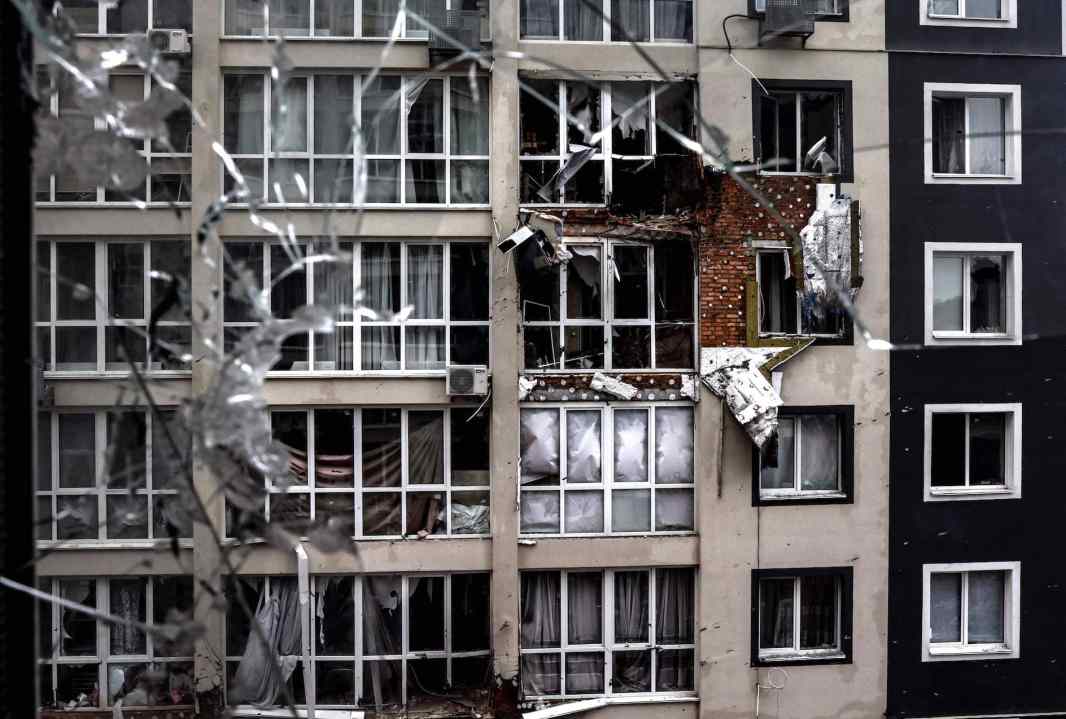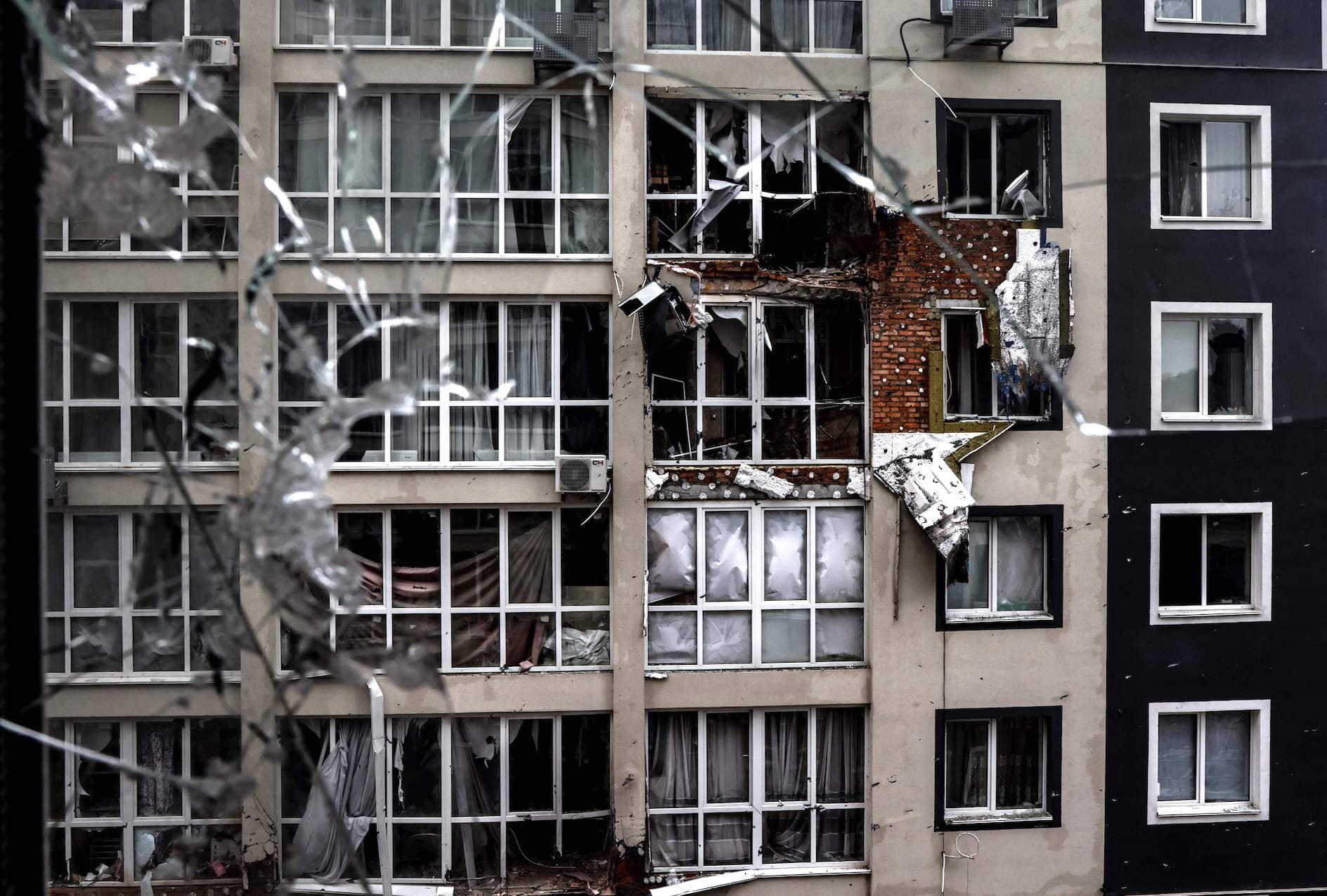The scenes of butchery and barbarism in the liberated Ukrainian towns of Bucha and Irpin and nearby villages – civilians tied up, tortured, mutilated and shot; women raped, burned to death in their cars, and buried in a mass grave – have been compared to the worst slaughters of World War Two. The West struggles to comprehend how such savagery can occur in 21st century Europe. We should certainly be shocked but not surprised. The red thread running through Russia’s unique history, from Tsarist times until today, is a recurring motif of mass murder and massacres that have no parallel in other modern European states, with the exception of the dozen years when the Nazis ruled Germany.
For there have always been two Russias: the cultured country of Tolstoy, Tchaikovsky and Chekhov, western in aspiration and awesome in its technological achievements, such as building St Petersburg in a swamp and putting the first man and woman in space.








Comments
Join the debate for just $5 for 3 months
Be part of the conversation with other Spectator readers by getting your first three months for $5.
UNLOCK ACCESS Just $5 for 3 monthsAlready a subscriber? Log in